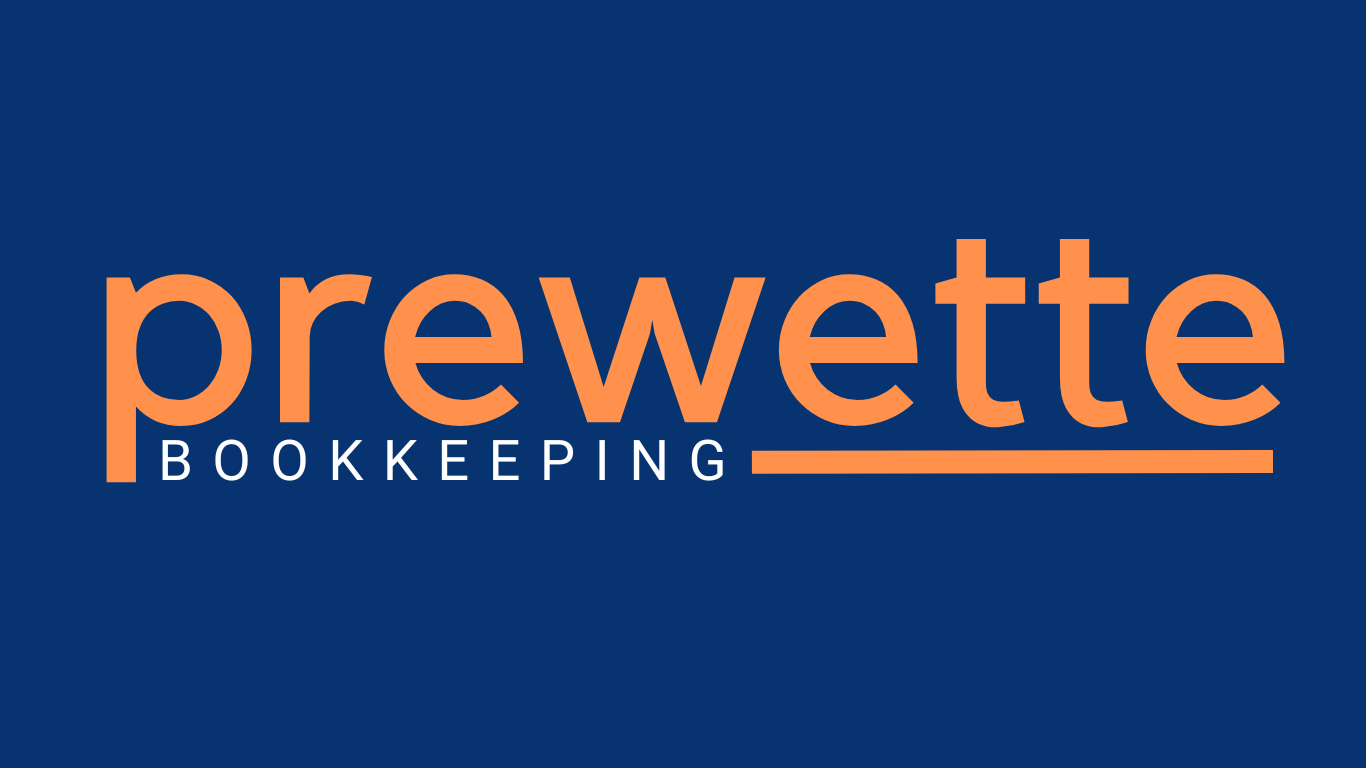Tax season is a crucial time for small business owners. It can be overwhelming to juggle your day-to-day operations while ensuring your books are in order and all your tax obligations are met. But with the right preparation, you can navigate tax season with ease and avoid common pitfalls.
To help you sail through tax season like a pro, here are five essential tips that will not only keep you on track but might even save you some money in the process.
1. Stay on Top of Your Bookkeeping Throughout the Year
One of the best ways to minimize stress during tax season is to keep your books organized year-round. If you wait until tax time to sort through your receipts, invoices, and financial records, you’re setting yourself up for a chaotic and stressful experience.
Why it matters: Accurate and up-to-date bookkeeping ensures that all your income and expenses are tracked properly. This makes filing your taxes faster, easier, and reduces the chance of missing any deductions or making mistakes on your return.
Action steps:
- Set aside time each week or month to update your books.
- Use accounting software to automate some processes.
- Keep digital copies of receipts to make tracking easier.
If you find yourself behind, take steps to get your receipts and paperwork organized. Anything on paper will need to be put into accounting software or a spreadsheet to make it easier for your tax preparer. If you are short on time, reach out to a bookkeeper who can get your accounting up to date for you and make tax filing go more smoothly.
2. Understand Business Deductions and Credits
As a small business owner, you’re likely eligible for a variety of tax deductions that can significantly reduce your taxable income. From home office deductions to business travel expenses, knowing what deductions you qualify for can save you a lot of money.
Common deductions include:
- Office supplies and equipment
- Marketing and advertising costs
- Employee wages and benefits
- Business-related travel and meals
- Depreciation on business property
Action steps:
- Keep a detailed log of all expenses related to your business.
- Ensure you separate personal and business expenses clearly, which is crucial for claiming deductions.
- If you’re unsure about what you can claim, consult with a tax professional or bookkeeper who can guide you through the process.
3. Prepare for Self-Employment Taxes and Quarterly Payments
As a small business owner, you likely operate as a sole proprietor, LLC, or another structure that requires you to pay self-employment taxes. These taxes cover Social Security and Medicare, and they can catch some business owners off guard if they don’t plan ahead.
Why it matters: Self-employment taxes can add up quickly, and failing to set aside enough money throughout the year can result in a hefty bill come tax time.
Action steps:
- Set aside a percentage of your income throughout the year to cover self-employment taxes.
- If your business is profitable, make quarterly estimated tax payments to avoid penalties for underpayment.
- Work with your bookkeeper to estimate your self-employment taxes early so you’re not hit with a big surprise.
4. File on Time to Avoid Penalties
One of the easiest ways to avoid stress during tax season is to stay on top of deadlines. Filing late can lead to penalties and interest, which can add up quickly and make an already difficult tax season even worse.
Why it matters: Avoiding late fees and penalties can save you money and ensure your business remains in good standing with the IRS.
Action steps:
- Mark your calendar with important deadlines, such as the date for filing your business tax return and paying any outstanding taxes.
- If you’re unable to file on time, file for an extension. However, keep in mind that an extension only gives you more time to file, not to pay any taxes owed.
- Consider working with a tax professional or bookkeeper to ensure your tax return is submitted correctly and on time.
5. Consult a Tax Professional or Bookkeeper
If you’re feeling overwhelmed by the tax season process, it’s time to enlist help. A tax professional or bookkeeper can provide expert guidance and ensure that your taxes are filed accurately, on time, and in the most tax-efficient manner possible.
Why it matters: Tax laws can be complex, and a tax professional will help you navigate the intricacies of business deductions, credits, and filing requirements. They can also help with long-term tax planning to reduce your tax burden in future years.
Action steps:
- Hire a trusted tax professional or bookkeeper who understands your business structure and industry.
- Schedule regular check-ins throughout the year to make sure you’re on track and taking advantage of all available tax benefits.
- Use your tax professional's expertise to explore tax strategies that can benefit your business, such as retirement contributions or tax credits for small businesses.
In Conclusion: Tackle Tax Season with Confidence
Tax season doesn’t have to be a source of stress and anxiety. By staying organized, understanding your deductions, and preparing for self-employment taxes, you’ll be in a much stronger position to handle your taxes like a seasoned pro.
Remember, the key to surviving tax season as a small business owner is preparation. Don’t wait until the last minute—plan ahead, track your expenses, and get expert help when needed.
Prewette Bookkeeping specializes in helping small business owners navigate the complexities of tax season. If you’re ready to make tax time a breeze, contact us today and let us help you stay organized, compliant, and confident all year long.
All Rights Reserved | Powered By Snapps
Schedule a Meeting
Discovery Call: Click HERE to schedule a free 30-minute phone or video consultation to answer your questions
about Prewette Bookkeeping and to see if we are a good fit to work together.

